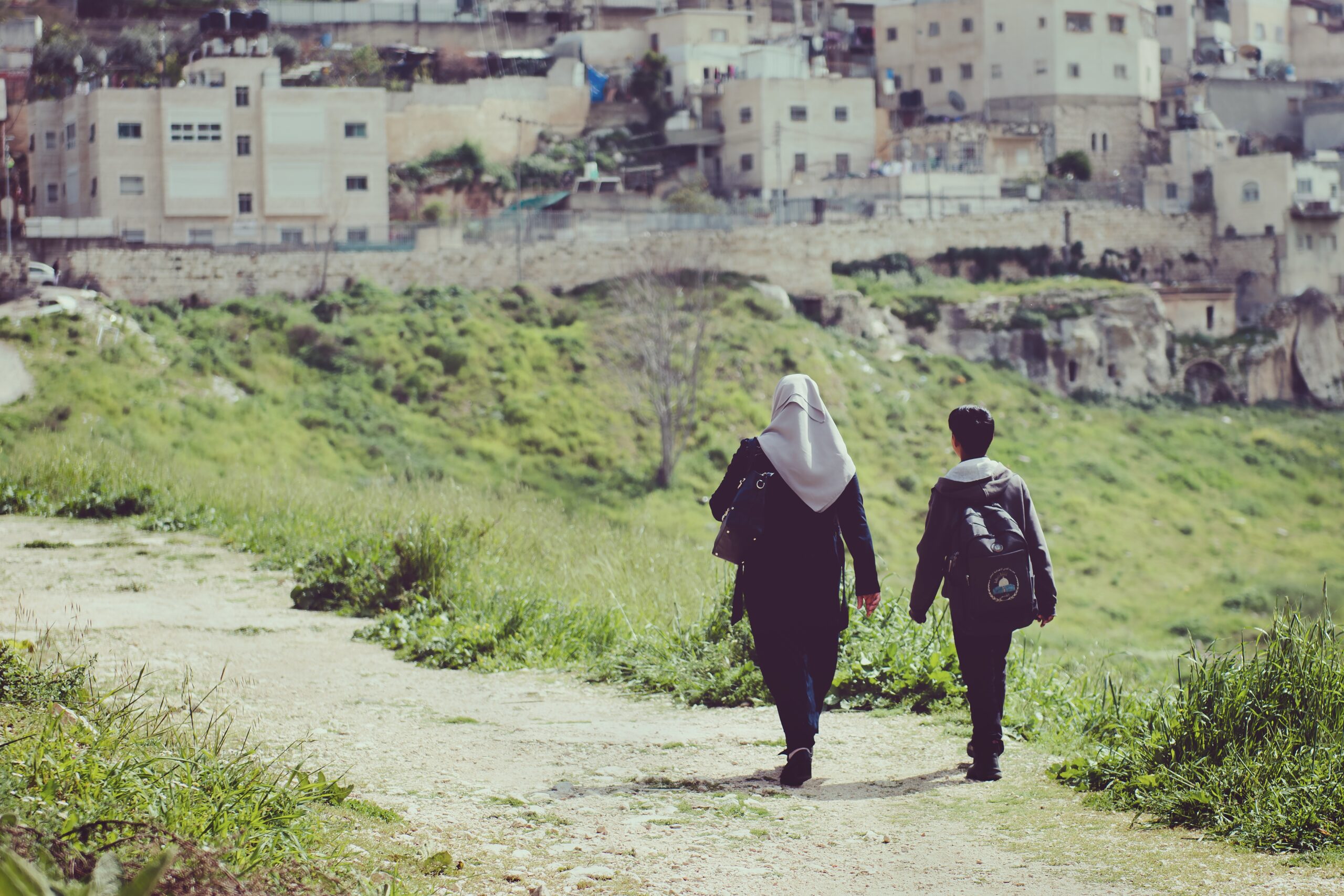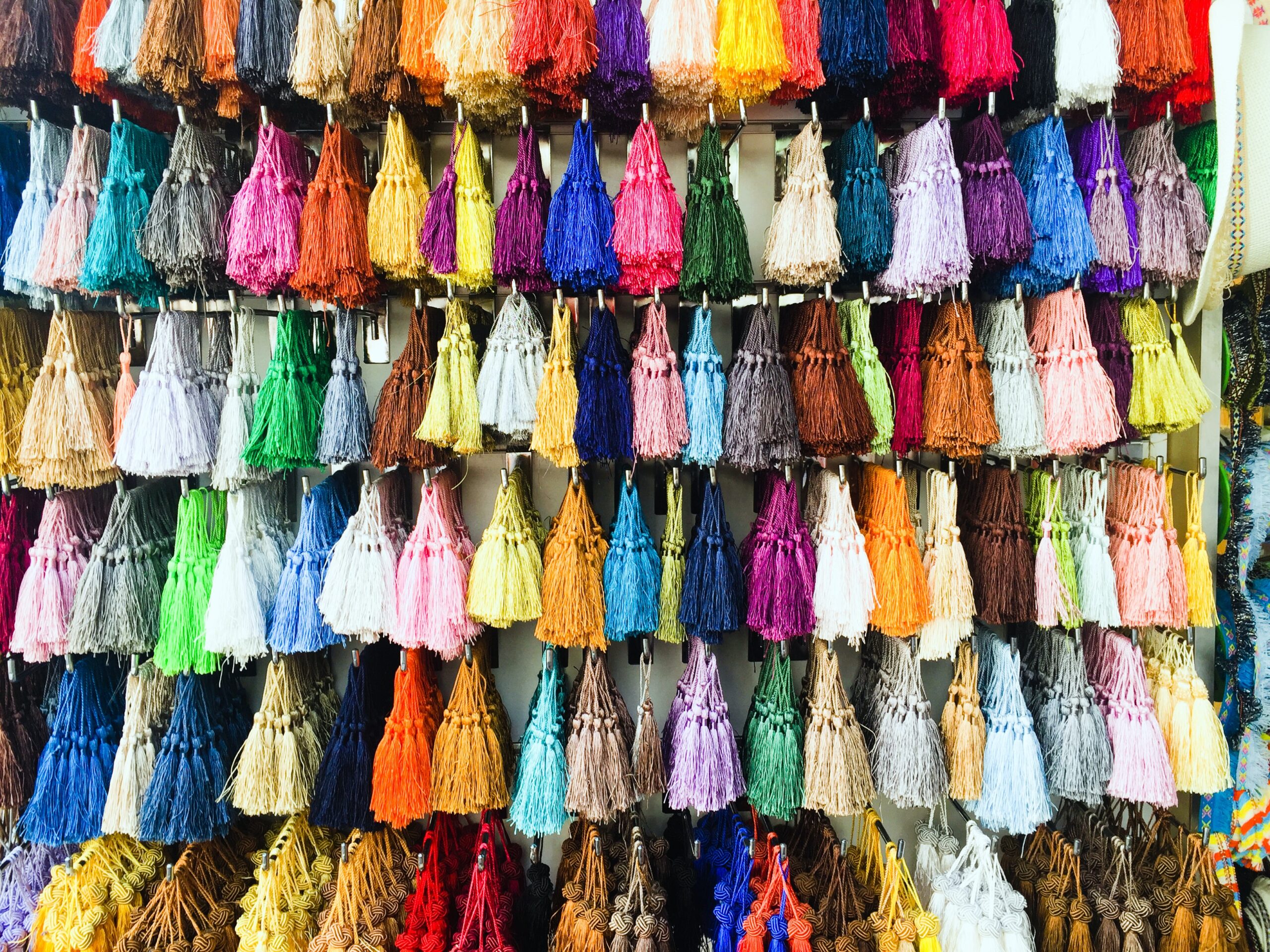Our convictions and practice are grounded in the principles of the Druze faith, however, we are not a religious or sectarian organisation. We regard humanity as the supreme manifestation of creation. For the Druze, monotheism means not just the belief in one divine being, but also extends to acknowledging ourselves as united in creation. All religions are by nature truthful messages, standing independent from and in relation to each other, as they share the same source. The Druze faith is the expression of the will of humanity to seek constant unity in all forms of being.
We believe that the universal mind is the servant of humanity, and not only of religion. Knowledge should be transparent and accessible to all; accordingly, there is no contradiction between science and faith. We regard life as unlimited and eternal, which means that the search for the meaning of existence is always a process, rather than a doctrine. There are places that carry special significance in the history of humanity, prior to the existence of nations, yet land itself cannot be regarded as holy. Human history is unique because it is a story, and all documentation begins with speech: in the beginning was the word, which is what defines us as humans. Those who practice the greatest potential of the word are prophets, living people who bring messages of love, dignity and justice to all of humanity.
Placing the human at the centre of everything we do, we believe that we are all fellow humans before we are co-religionists. Accordingly, we advocate for minority rights beyond those of just one religious group.

Our earth is the embodiment of the Divine One and is irreplaceable for the survival of all species. Our role as humans is to guard the balance and to nurture vitality from and in the earth: humans are one part of nature and not superior to it. Nature does not exist to serve us. We stand against abuse of the natural balance of the planet and all species on it. This means that we oppose, for example, vivisection, factory farming, the use of fossil fuels, and the introduction of poisonous toxins into the environment. We support measures to improve air quality, access to clean water, and renewable sources of energy through technological and educational innovation.

Humans have absolute agency over their bodies. Gender is not defined only by physical anatomy, but relates primarily to the relationship between body and soul, which should not be codified through laws; its essence remains to be discovered. The limits of the relationship between physical and metaphysical are still unknown. Accordingly, all forms of consensual sexuality are part of the undefined relationship between humans and the divine. Humans do not have the authority to expel other humans from this form of communication.

At the immediate local level, coexistence is the basis for social consciousness. As humans we belong to shared neighbourhoods, and allegiance belongs to our fellow humans through a combination of logic and emotion. Coexistence is not based on the illusory, fictive concepts of nation, territory or religion. Sustainable coexistence also depends on the equitable distribution
of resources, in which communities can only grow together through shared finances and resources, including land, water and energy.
The term genocide is usually, and correctly, understood as the deliberate physical destruction of a group of people because of their ethnic, racial, national or religious characteristics. We believe that the Holocaust was the darkest hour in human history. In the words of Primo Levi: “It happened, therefore it can happen again […]. It can happen, and it can happen everywhere.” Our practical focus is on genocide prevention through historically-informed activism in the present.
Today, ethnic minorities in conflict zones are at risk of genocide, and not just in physical terms. Majority authorities can also attempt to eliminate minorities via controlling access to basic resources, and suppressing language and culture. We believe that the cornerstone of genocide prevention is self-identification to resist reclassification from above, which entails talking about the past, and empowering communities through cooperation and education. For this, we
reference human rights as a roadmap, and also use digital technology as a tool to ensure the continued existence of ideas and people.

We view Druzia primarily as a platform for education and awareness-building. We relate to education as a function of community: it is a process of active, non-hierarchical listening — inspired by the oral tradition — reading, reflection, and action. Because education is a form of ongoing dialogue with our surroundings and others, it must involve emotion, creative and critical thinking, and doubt. It is not a simple transfer of knowledge, nor is it limited to the institution of schooling or vocational training.
In Druze thought, spirituality can be taught, and does not exist in conflict with science or logic. We develop educational programmes to encourage cognitive empathy and recognition, sharing abilities, and community growth.

Our approach to health is part of a larger holistic perspective that posits physical wellbeing as equal to happiness and wellbeing. When material and existential security needs are not met, or when people do not have agency over their own bodies, we see an increase in health problems and aggression, and a lack of empathy. We develop non-hierarchical educational concepts to encourage resilience, cognitive empathy, and the centrality of the soul to all aspects of health and wellbeing.

